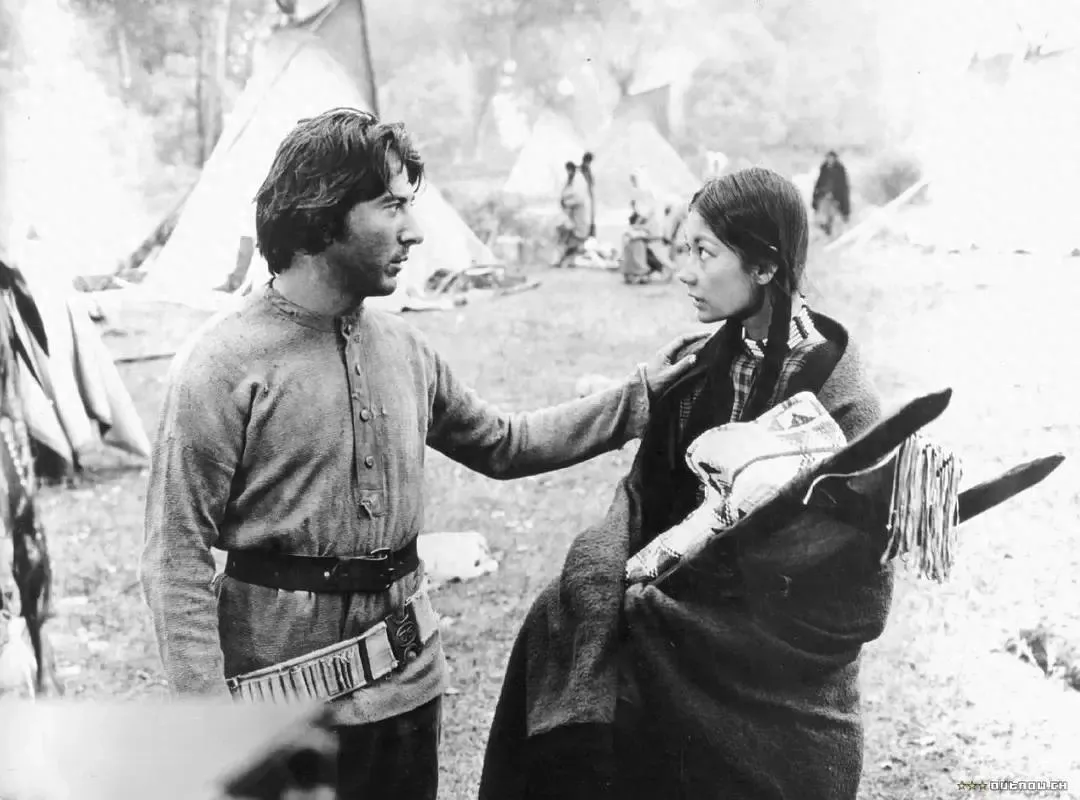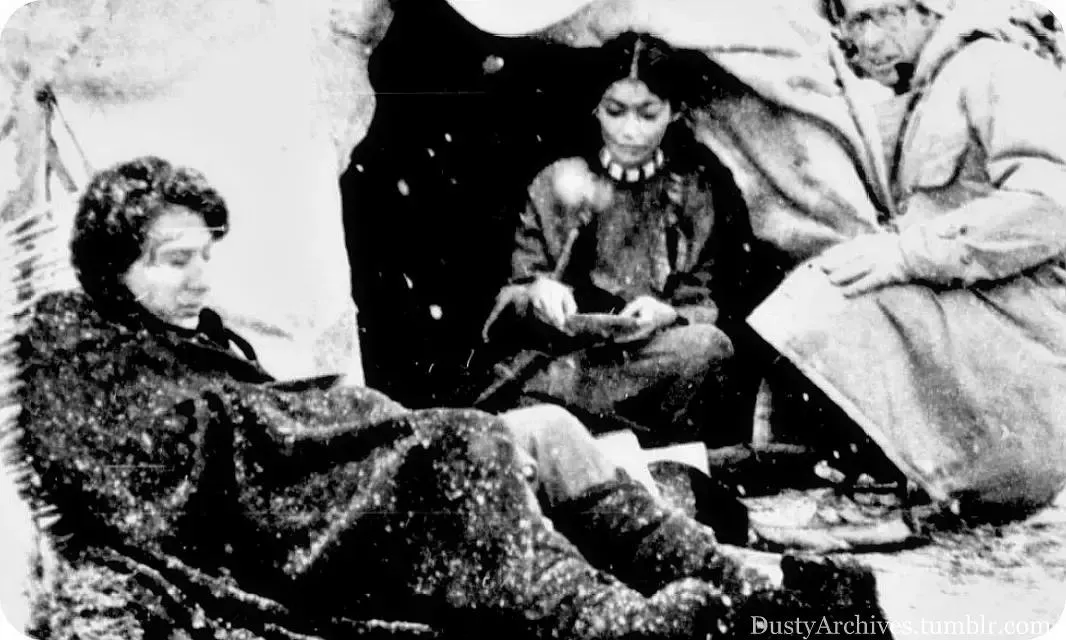It’s recommended to watch the movie before reading this article, otherwise, it might be difficult to understand.

The Frontier Spirit Forged in Westerns
John Ford is widely regarded as a master of Westerns, not only for his exceptional cinematic artistry but, more importantly, for establishing a comprehensive set of values within the genre.
Consider Confucius’s Spring and Autumn Annals, a historical record that subtly weaves the author’s values into the narrative. This transformed the Annals into a cornerstone of Confucianism, making its interpretation a scholarly pursuit.
Don’t underestimate the impact of Ford’s Westerns. Movies have had a profound influence on American culture. Early American immigrants, often lacking formal education, spent their lives watching films. Movies weren’t just entertainment; they significantly shaped American values. To understand Americans, one must first understand American cinema.
Ford’s Westerns established values that were officially recognized as the “Frontier Spirit,” becoming a national ideology that was vigorously promoted.
The All-Out Assault on the Frontier Spirit and the Vietnam War
Little Big Man emerged in the 1960s, a decade marked by the questioning of established values. This film became a vehicle for that critique.
During the 1960s, the Vietnam War was heavily covered by American media, including reports of U.S. soldiers killing civilians, including women and children.
This may have been influenced by Vietnam’s “people’s war” strategy. We understand this concept well, having used slogans like “launch a people’s war to eliminate…” It essentially meant total mobilization, with women and children also participating in the conflict. As children, we watched stories like Little Soldier Zhang Ga, Chicken Feather Letter, and Wang Erxiao without questioning the involvement or sacrifice of children in war. In fact, we even admired them.
From the Vietnamese perspective, it was the same. The U.S. military was seen as the “Japanese devils.” Women and children were expected to sacrifice for their country.
However, traditional Westerns had an unwritten moral code, a natural law of the West: even the worst villains wouldn’t harm women and children, just as they wouldn’t shoot someone in the back. It was a fundamental principle of humanity. Conversely, a nation that sends women and children to the front lines is arguably unscrupulous.
When the U.S. sent troops to Vietnam, they didn’t see themselves as “devils.” President Kennedy stated that they were following in the footsteps of their predecessors who developed the West, embodying the Frontier Spirit to develop the world.
While developing the world might be acceptable, killing women and children was not part of the Frontier Spirit. Director Ford wouldn’t have condoned it. The American public didn’t understand the nature of the people their soldiers were encountering in Vietnam. They felt deceived by their government.
Perhaps they were misled by the media. The U.S. military may have suffered losses due to “Wang Erxiaos” and “Chicken Feather Letters” in Vietnam.
However, anti-war sentiment was growing at home. The U.S. military was labeled as murderers of women and children, caught in a no-win situation.
What Were the Indians Really Like?
The climax of Little Big Man depicts the U.S. Cavalry massacring Native American civilians in a reservation, a clear allegory for the Vietnam War.
Such politically charged films shouldn’t be taken as historical truth, especially after watching numerous Westerns.
Art serving politics is particularly evident in American Westerns.
American opposition to the Vietnam War was largely driven by fear of losses. Few were willing to die for an abstract ideal. Americans are pragmatic.
Despite Little Big Man’s glorification of Native Americans, it primarily served to create an atmosphere for the final massacre by the U.S. military, inciting public opposition to the government and military. How much of this politically motivated film is credible? I remain skeptical.
Another day, they could film Native Americans killing white women and children, as was common in earlier Westerns.
The fluctuating portrayal of Native Americans in Westerns reflects the inherent self-interest within American culture.
If not for 9/11, which brought the pain of war to American soil, it’s unlikely the U.S. government could have garnered support for military intervention.

In conclusion, setting aside the politics, Little Big Man remains a classic Western, a must-see for fans of the genre. Its artistic merit is undeniable. I watched the dubbed version on TV as a child. Now, watching the high-definition version is even better. I hope we can produce such great films ourselves.